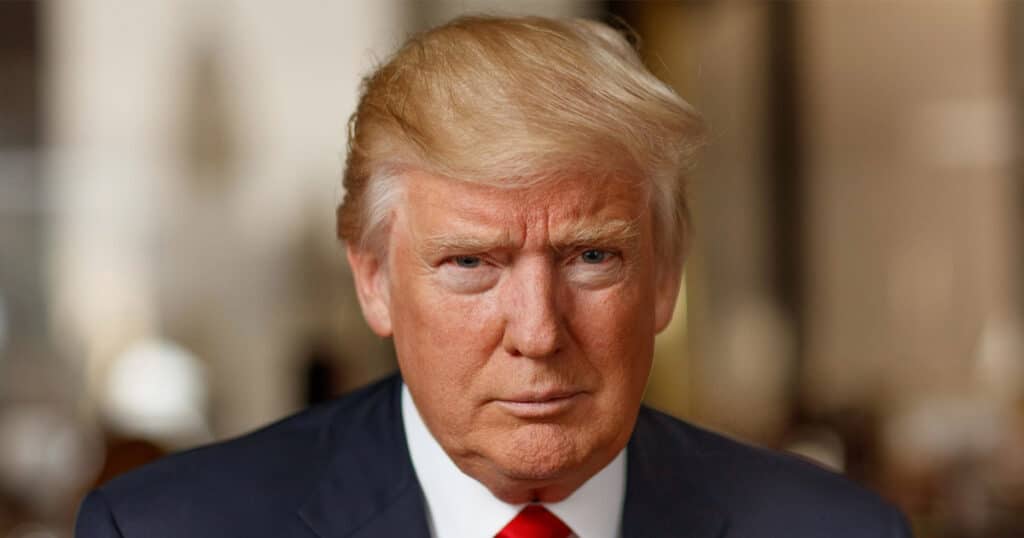
The Terrible China-Grand Forks Air Base Story
Last year, China purchased a 370-acre tract of land in Grand Forks North Dakota for 2.5 million dollars. The purchase, made by Fufeng Group, a Chinese food processor was initially supported by the City Council and Mayor Brandon Bochenski.
The Fufeng purchase was the largest foreign private sector investment in the history of Grand Forks. The company had planned to construct a 700-million-dollar wet corn mill on the property. The city estimated the plant would bring in at least 200 jobs and millions in tax revenue.
However, not all things are as they seem. The property is located just 12 miles
from the Grand Forks Air Force Base which is considered a vital communication center. In fact, the base has a space-networking center that’s been characterized as the backbone of all US military communications across the globe.
Air Force Major Jeremy Fox penned a memo last April stating that this was typical of China’s attempts to locate themselves close to U.S. military operations.
“Some of the most sensitive elements of Grand Forks exist with the digital uplinks and downlinks inherent with unmanned air systems and their interaction with space-based assets. Such interceptions, would present a costly national security risk causing grave damage to United States strategic advantages.”
“Passive collection of those signals would be undetectable, as the requirements to do so would merely require ordinary antennas tuned to the right collecting frequencies. This introduces a grave vulnerability to our Department of Defense installations and is incredibly compromising to US National Security.”
Wait; is an Air Force Major honestly saying that any antenna tuned to the right collecting frequencies, would be able to collect top secret military signals …. Undetected?
Grand Forks Mayor Brandon Bochenski claims to have changed his view of the proposed plant, citing security concerns over economic gains. He claims to have voiced his concerns to the federal government 18 months ago.
“It’s been a long process. We initially reached out to the FBI, then the
Committee on Foreign Investment in the United States, (CFIUS) committee. They really came forth with a lackluster answer that left a lot of questions that needed to be answered. We were certainly surprised. We expected the federal government to do their job and do it quickly, and if they had concerns, communicate it to us.”
Finally, after 16 months the Air Force responded to Bochenski and asked that the city prevent the project from moving forward.
Air Force Assistant Secretary, Andrew Hunter, wrote a letter to state senators stating:
“The Committee on Foreign Investment in the United States concluded that it did not have jurisdiction, the Department’s view is unambiguous: the proposed project presents a significant threat to national security with both near and long-term risks of significant impacts to our operations in the area. The federal government has requested the city’s help in stopping the projectas geo-political tensions have greatly increased since the initial announcement of the project.”
North Dakota Senator Kevin Cramer’s office released a statement agreeing with Hunter’s position and asked Grand Forks to halt the project.
“The Air Force left ambiguity off the table and asked the city to find an American company to develop the agriculture project.”
In response Mayor Bochenski said this:
“The only remedies the city has to meet this directive is to refuse to connect industrial infrastructure and deny building permits. As mayor of the city of Grand Forks, I am requesting these remedies be undertaken and the project be stopped, pending City Council approval.”
On Monday night, the same city council that last year voted to approve the project, voted 5-0 to stop it. The vote was met with cheers and chants of “USA, USA” by those in attendance, many of whom were frustrated with the Mayor and City Council for green lighting the project in the first place.
This entire scenario needs to scrutinized and precautions need to be put in place to avoid this type of security failure, and even worse taking place going forward. Although under this administration, I’m sure that sounds to much like work, so I don’t expect it to happen.
First: Security perimeters need to be in place around all military bases, missile sites and any area deemed of military importance. Any activity, business or otherwise should meet military approval within those perimeters.
Second: If the response to his alert was as weak and as slow as described by the mayor, the country’s response to a possible threat is appallingly poor.
Third: If ordinary antennas can truly pick up military information, we are in big trouble. Without saying, this needs to be corrected, but for this administration It’s being said.
Fourth: How does a memo revealing sensitive information like that reach a public forum? Granted, most people will read right past it, but foreign country scanners that read everything will note it, explore it and exploit it.
Fifth: China purchased 6.1 billion dollars’ worth of property in the U.S. last year, more that any other country. In my humble opinion, that needs to stop.
China is running laps around us in espionage. The time to wake up has passed, we’re now playing catch up.



